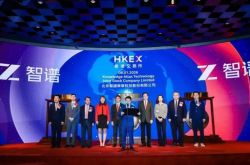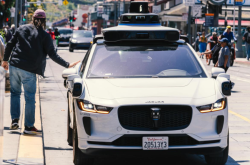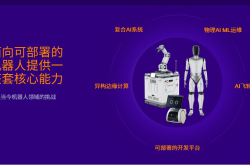How are car manufacturers affected by involution?
![]() 08/19 2024
08/19 2024
![]() 486
486
Not being swayed by traffic, and not being hurt by involution...
Among recent car manufacturers, the most talked-about one is none other than Zeekr! On August 13th, the 2025 Zeekr 001 was officially launched, featuring higher configurations and lower prices. However, instead of igniting more discussions among consumers, it sparked significant market controversy as Zeekr had already undergone two revisions within half a year. Many early buyers had to pay more for lesser configurations, undoubtedly disappointing Zeekr's early adopters! Many car owners chose to fight for their rights, and in addition to offline stores, online live streaming platforms also became inundated with all sorts of critical voices. Regarding the revisions, Zeekr responded that in the era of rapid development of new energy vehicles in China, continuous technological advancement and iteration are necessary for all participating brands.
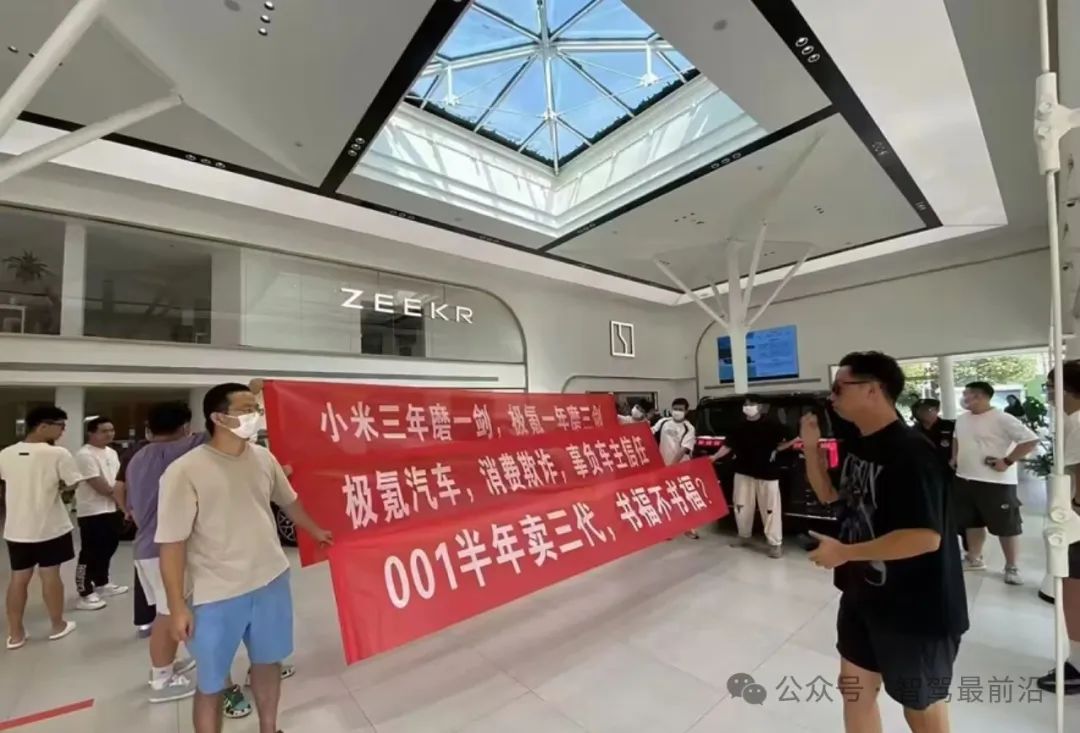
This incident involving Zeekr is not just a challenge faced by Zeekr alone but is also a microcosm of the entire automotive industry. With an increasing number of new entrants into the new energy vehicle market, how to seize the initiative, how to become a market leader, and how to survive are all issues that many car manufacturers are considering. Before finding a reasonable solution, endless involution has become the only way for these car manufacturers to solve their problems. However, it is precisely this involution that has compelled many car manufacturers like Zeekr to focus heavily on technological updates, which has the drawback of affecting consumer rights. Finding a balance between technological updates and consumer rights in the increasingly competitive market will become a question that car manufacturers must ponder in the future. Slight negligence can lead to being hurt by the tide of involution!
The demand for traffic under involution
The involution in the automotive industry has become rampant. Facing an increasingly saturated market, car manufacturers are striving to increase sales by creating topics, riding on trends, making comparisons, playing with concepts, rushing to be the first to release, and even involving CEOs in promotional activities. The battleground for competition among car manufacturers has extended from technological research and development to media platforms, with car manufacturers constantly exposing themselves through eye-catching methods such as beautiful women, celebrity endorsements, and CEO appearances to gain more traffic.
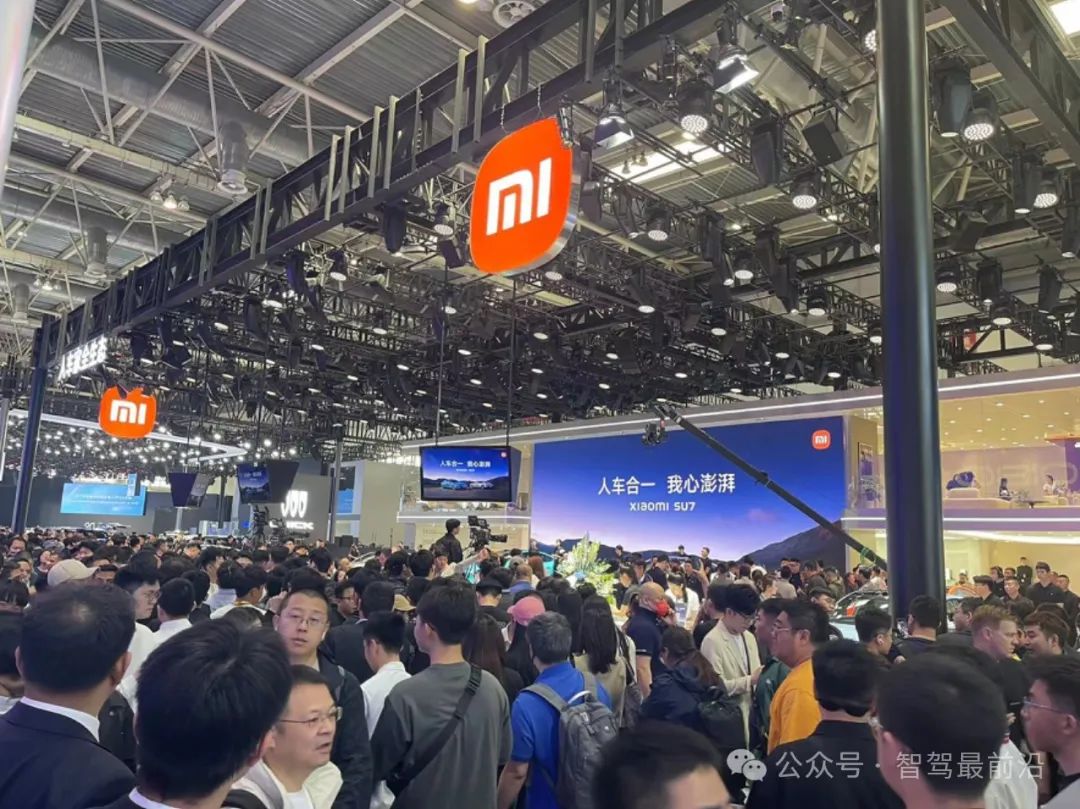
Traffic has become a battleground for car manufacturers, and the importance of promotion is increasingly evident over technology. In the current context of severe involution and gradually converging technologies among car manufacturers, how to gain more market share or make a lasting impression on consumers and gain more attention has become a pressing issue for car manufacturers. Traffic may be the key to solving these problems, and involution is the primary means to obtain it!
"The best SUV for household use under 5 million yuan" and car manufacturers "tearing each other apart" with claims of being "far ahead of the competition" and executives engaging in public feuds... Exaggerated statements and eye-catching gimmicks have become the primary means for car manufacturers to attract traffic. To gain more traffic, many car manufacturers' executives have already lowered their profiles and become personally involved. For example, an executive from a new automotive force previously stated in an interview, "As the saying goes, 'even good wine needs no bush,' but in today's era of homogenized automotive products and traffic-driven marketing, merely having good technology and quality is not enough. Marketing capabilities may determine one's current ranking. Many car manufacturers' executives (mainly top leaders) do not pay enough attention to marketing, and their thinking and strategies are far removed from the times and consumers."
The problem is not that they are not working hard enough but that others are playing the game better! Car manufacturers do not willingly involve themselves in involution but are pushed into it, especially after Xiaomi officially entered the automotive industry. Xiaomi's excellent marketing performance and the resulting social buzz have shown many car manufacturers the charm of traffic. Without involution-style promotion, they can only await their doom. Only by making themselves known to consumers and gaining sufficient traffic can they survive, which is why many car manufacturers are forced into involution.
Don't go astray on the traffic path!
Although backstabbing early adopters may not be Zeekr's intention, in a fiercely competitive environment where everyone is eyeing traffic, inaction can only lead to doom. Revisions may be Zeekr's response to this situation. Not being the first to release a model means someone else will be. Rather than being outdone, Zeekr chooses to frequently revise its models to maintain control of the narrative. Only by generating buzz can one attract traffic!
This mindset is prevalent in the automotive industry, especially among new automotive forces. With new technology, they rush to announce it first and then iterate, competing for the title of first mover. For similar technologies, they rename them, create hype, and introduce new concepts. Without new technology, they rely on PowerPoint presentations and press conferences to generate topics at all costs. More and more car manufacturers are racking their brains to come up with new tricks to grab more traffic, mirroring the traditional approach of the mobile phone industry.
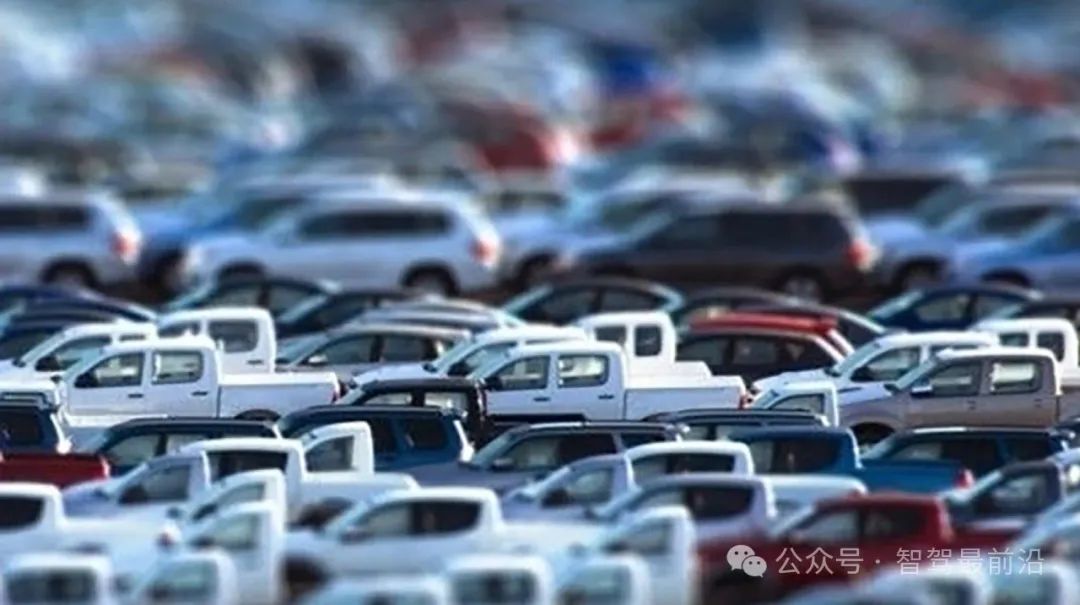
Applying the strategies of the mobile phone industry to the automotive industry may generate significant attention and traffic in the short term, but this approach is unlikely to lead to long-term success for car manufacturers. The mobile phone industry is characterized by rapid iteration and frequent launches of new models, and consumers have grown accustomed to seeing new products and feature updates annually or even quarterly. However, automobiles are high-value, long-lasting consumer goods, and consumers prioritize quality stability, reliability, and brand trust.
In the automotive industry, relentless model revisions and excessive marketing can lead to consumer fatigue and even trust crises for brands. Unlike mobile phones, which are easily replaceable, car owners consider long-term value and after-sales service when purchasing vehicles. If car manufacturers blindly mimic the rapid iteration model of the mobile phone industry, they may overlook consumers' demand for product stability, ultimately eroding brand loyalty.
Furthermore, technological updates in the automotive industry involve more safety and regulatory compliance issues, making it difficult for simple mobile phone industry strategies to sustainably succeed in the automotive market. While such strategies can quickly grab eyeballs and boost short-term sales, they lack core technological accumulation and deep attention to consumer experience, making it challenging for companies to gain a genuine competitive edge in the long run and more likely to erode consumer trust in brands.
Breaking the involution? How?
To strengthen industry self-discipline and prevent malicious "involutionary" competition. Reinforce the market's mechanism for survival of the fittest and facilitate the exit of outdated and inefficient production capacity. This requirement, put forward at the meeting of the Political Bureau of the CPC Central Committee on July 30th, serves as a wake-up call for related industries. Amidst debates on involution and anti-involution, car manufacturers' leaders have also spoken out, outlining the competitive landscape and development trends of China's automotive market in the second half of the year.
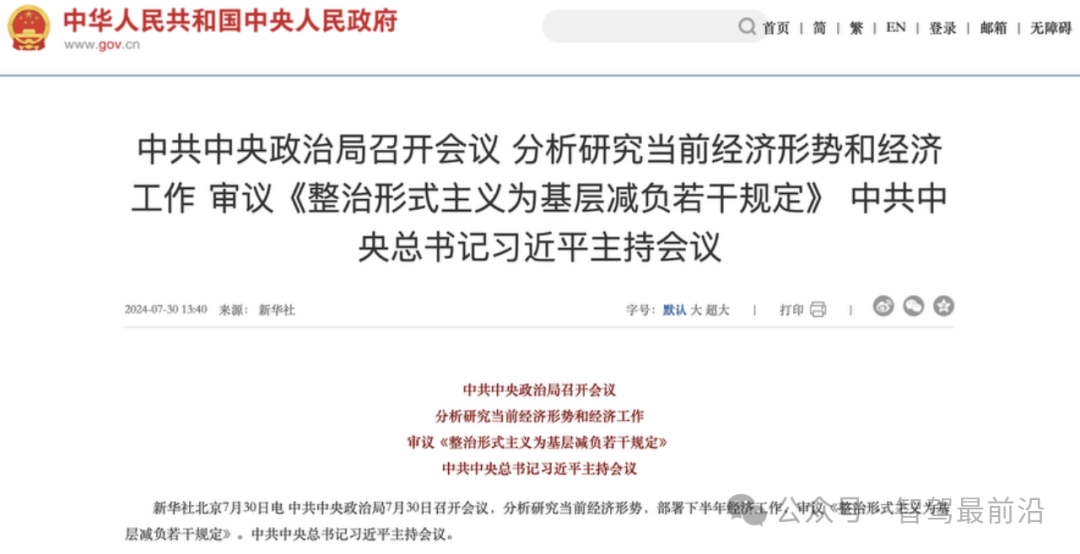
Li Shufu, Chairman of Geely Holding Group, stated, "China's automotive industry leads the world in involution, with unparalleled price wars. Endless involution and simplistic price wars constitute unregulated and malicious competition. For China's automotive industry, healthy competition in accordance with laws and regulations is crucial for achieving sustainable and high-quality development."
At the 2024 China Automobile Chongqing Forum held in June this year, Zeng Qinghong, Chairman of GAC Group, also expressed, "Car manufacturers should understand the importance of long-termism for industry development. Long-termism embodies a vision and perspective that enables enterprises to continuously innovate and refuse zero-sum games in the process of creating core value."
Everyone is shouting about anti-involution but is fiercely involved in it. Although car manufacturers are aware of the dangers of involution, many still choose to fight in the involutionary tide under the pressure of "survival" and "development." The short-term prosperity brought about by this malicious competition often comes at the expense of long-term healthy development. Technological R&D investment is forced to decrease, product quality control faces challenges, and consumer trust may decrease as well.
China's automotive industry is at a critical turning point. Achieving sustainable development while avoiding involution has become a vital issue for car manufacturers. Companies need to break free from the shackles of short-term interests and place greater emphasis on technological innovation and brand value enhancement to truly succeed in future market competition.
Everyone understands the logic, but few car manufacturers can take the first step out of involution. Giving up involution represents compromise and the potential loss of short-term market share and consumer attention, especially in an incredibly competitive environment where such a choice would go against the tide.
Can the involution of car manufacturers be broken? Zhijia Zuiqianyan believes that if Chinese car manufacturers refrain from involution, they may face short-term risks of declining sales and market share. This choice implies abandoning traditional price wars and feature stacking, instead investing resources and energy into genuine technological innovation, enhancing user experience, and building long-term brand value. However, such strategic adjustments often require time, patience, and the confidence to withstand short-term pressures and doubts.
Giving up involution also means finding a unique positioning and differentiated competitive advantage to establish a foothold in the industry. This requires car manufacturers to not only possess profound technological expertise but also have a keen sense of market trends and a deep understanding of consumer needs. Abandoning involution does not mean ceasing competition but choosing a more difficult path with uncertain prospects, which may be a less favorable option for car manufacturers. Perhaps, anti-involution necessitates involution!


